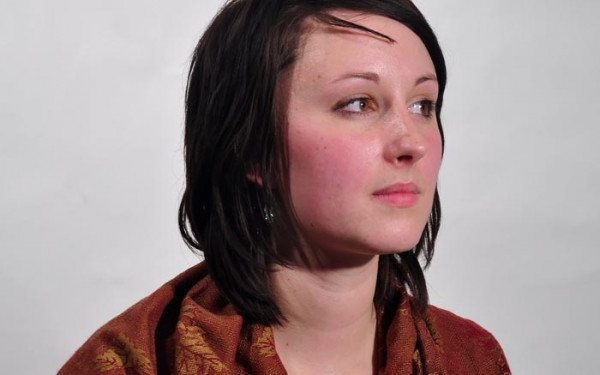Conflict of Interest Puts CSU Councillor’s Job in Jeopardy
Student Union Breaks Its Own Rules With Hiring
Concordia Student Union councillor Ramy Khoriaty might lose his council seat for being in conflict with the student union’s standing regulations.
Khoriaty was temporarily employed by the CSU last fall to help organize Orientation week while he continued to serve on council.
“If you are a councillor and you take up employment with the [CSU] you have to quit being a councillor. It’s kind of clearly outlined,” said CSU councillor Chad Walcott, who introduced the motion to council at the Jan. 23 meeting. “This should not have happened.”
CSU standing regulation 225c mandates a person holding office “is disqualified from holding or taking office if he or she becomes an employee of the Student Union after taking office.”
Khoriaty says he was not aware of the rule at the time—and that he is not alone.
“No one was informed about this, even when I was hired the executives didn’t know about this regulation,” said Khoriaty.
“It was an honest mistake that I did and [there] was no bad intention behind it,” he continued, adding he only discovered the regulation conflict a few days before last week’s council meeting.
According to VP Social Alexis Suzuki, a member of the Orientation hiring committee, Khoriaty was vetted by CSU General Manager Michele Dumais in mid-August—though she did not catch the policy restricting Khoriaty as an employee.
Though the situation was only communicated to council last week, Walcott told The Link he has known since October.
He said he wanted the issue resolved by the CSU policy committee, and only brought forward a motion at the meeting when the committee did not table it for discussion.
Recent resignations at the CSU also shaped his decision, Walcott said.
After a long and drawn-out saga ending in late-September, former VP Academic and Advocacy Lucia Gallardo resigned from her position after it was revealed she was not a Concordia student.
In her resignation letter, which was openly critical of the CSU, Gallardo specifically names Walcott along with other councillors and alleges that they plotted against her.
According to Walcott, he did not want his motion against Khoriaty to be viewed the same way.
“I didn’t want it to be perceived as a vendetta on my part, because we had that whole Lucia thing beforehand,” admitted Walcott. “I want the executives to speak for their own mistakes.”
Khoriaty says he thinks that’s only partially true.
“There’s a little bit of politics in it and a little bit of doing what’s right,” he countered.
During deliberations at the council meeting, propositions came from some executives and councillors to modify the regulation to allow Khoriaty to continue to serve on council.
Suzuki said she wouldn’t be opposed to the alteration.
“He’s really a stand-up councillor and stand-up worker,” she maintained. “And for me, that would be something that I would be comfortable with, given the situation.”
But for Walcott, exceptions don’t make the rule.
“As much as Ramy is very helpful at the CSU, what does it mean if we don’t follow our rules and if we’re constantly making exceptions?” he said.
The allegations against Khoriaty will be reviewed by the judicial board of the CSU.
The major question for the case will be deciding what constitutes a regular CSU employee, according to JB chair Nick Cuillerier.
But to reach a verdict, the JB needs statements first.
“What we’re waiting on for now is a joint statement that’s going to be submitted by the two parties—with Ramy being the defendant and anyone on council who voted in favour of sending it to JB [as plaintiff],” said Cuillerier.
Khoriaty said that, though he will argue his case, he will also respect the JB’s verdict.
“The rules are the rules,” he said. “If they think that they need to be followed and enforced then I would resign without any problem. I understand both sides.”

_900_600_90.jpg)


_600_375_90_s_c1.jpg)
__600_375_90_s_c1.jpg)
2_600_375_90_s_c1.jpg)
